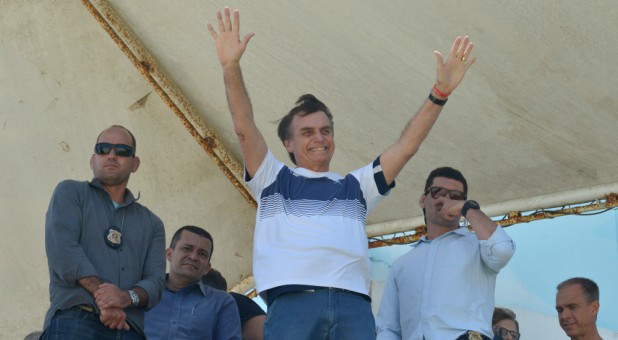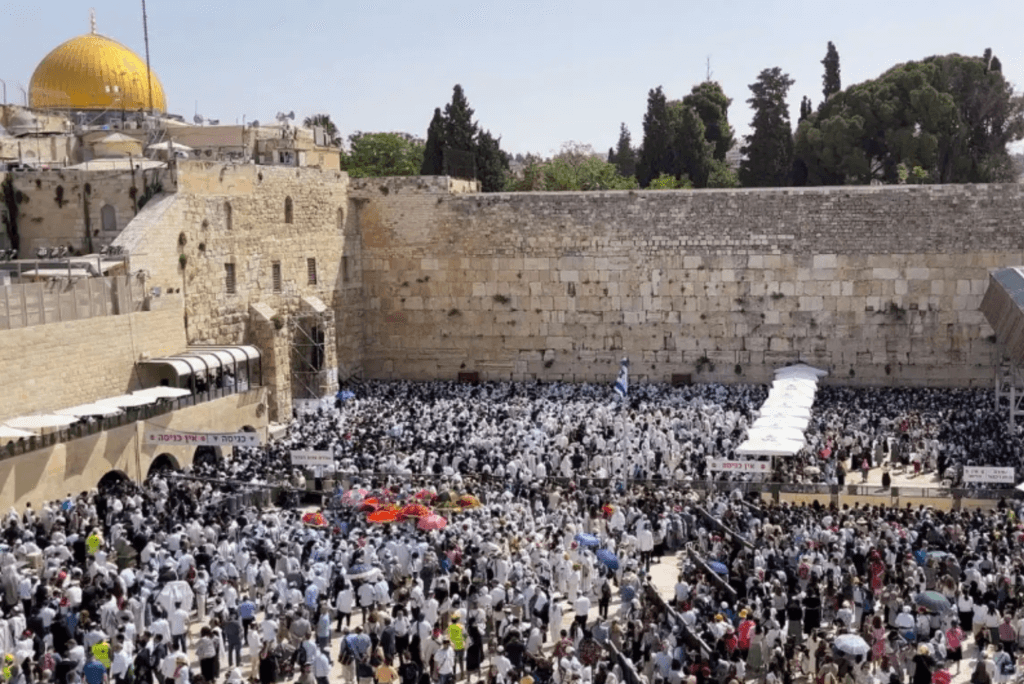Brazil’s far-right president-elect Jair Bolsonaro won Sunday’s election pledging a radically new direction in policy, ranging from a crackdown on crime and reducing the role of the state in the economy, to easing the development of indigenous lands.
The following are some of his main policy objectives:
TACKLE CORRUPTION
After the biggest corruption scandal in Brazil’s history swept through the political class in the past four years – helping to secure Bolsonaro’s election – the former army captain has pledged to tackle widespread graft in public life.
He has said he will encourage further corruption investigations and end horse-trading between the government and political parties, which has been a major source of back-room deals and patronage.
Bolsonaro has pledged to reduce the number of ministries in Brasilia from 29 to 15 and appoint several retired generals to the cabinet.
PRIVATIZATIONS
Bolsonaro has pledged to privatize an array of state enterprises, including units of oil company Petroleo Brasileiro SA (Petrobras) and power utility Centrais Eletricas Brasileiras SA (Eletrobras).
However, the extent to which the state controls their core activities is still a matter of debate between his top economic advisor, pro-privatization Paulo Guedes, and the retired generals who backed his presidential bid.
REFORM PENSIONS
Bolsonaro has said he will reform Brazil’s costly pension system in order to reduce Brazil’s unsustainable budget deficit – an important symbolic pledge for many investors.
However, Bolsonaro has not been clear about the details of his plan other than saying it would differ from the outgoing government’s proposal. He has also proposed a tax overhaul, including a flat income tax and lower payroll taxes.
CRACKDOWN ON CRIME
A signature campaign promise was Bolsonaro’s pledge to tackle rising crime and violence in Brazilian cities by giving the police more autonomy to open fire on suspected criminals.
In a country with more than 60,000 gun deaths a year, Bolsonaro wants to amend Brazil’s gun laws to make it easier for Brazilians to arm themselves.
He also aims to involve the federal government more actively in public security, for which state governments are traditionally responsible. He has said he wants to use the army for routine patrols of city streets – something some senior military officers are wary of.
SHIFT IN FOREIGN POLICY
China has emerged as Brazil’s largest trading partner in recent years – with $75 billion in bilateral trade last year – yet Bolsonaro has depicted Beijing as a predator looking to dominate key economic areas.
Bolsonaro is content with China purchasing Brazil’s commodities, like soy. But the 63-year-old has pledged to halt the Asian nation’s recent shopping spree in Brazil’s energy and infrastructure sectors.
He has also pledged to reshape Brazil’s foreign policy, which steered away from the United States under 13 years of the leftist Workers Party. An outspoken admirer of U.S. President Donald Trump, Bolsonaro has said he aims to improve ties with Washington.
Following Trump’s nationalist agenda, he has pledged to diminish Brazil’s engagement with regional blocs like Mercosur and pursue bilateral relations. He has also said he would move the Brazilian embassy in Israel to Jerusalem and shutter a Palestinian embassy in Brasilia.
PRIORITIZE AGRICULTURE, MINING
A close ally of Brazil’s powerful farm lobby, Bolsonaro has pledged to halt invasions of agricultural land by native tribes and landless peasant movements. He also wants to end the demarcation of additional indigenous reservations while allowing mining and other commercial activity on native lands.
However, in recent days Bolsonaro backed off an initial pledge to pull Brazil out of the Paris Agreement on climate change.
He has also wavered on plans to combine the agriculture and environment ministries, which was originally proposed as a way to ease pressure on farmers on Brazil’s fast-expanding agricultural frontier. Environmentalists fear such a move could lead to looser environmental regulations.
{eoa}
© 2018 Thomson Reuters. All rights reserved.
See an error in this article?
To contact us or to submit an article




















